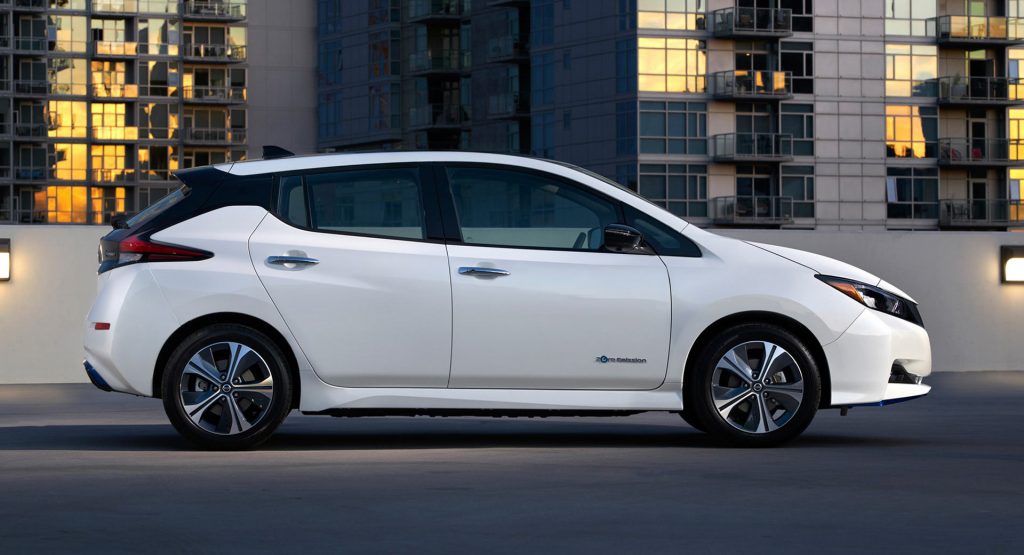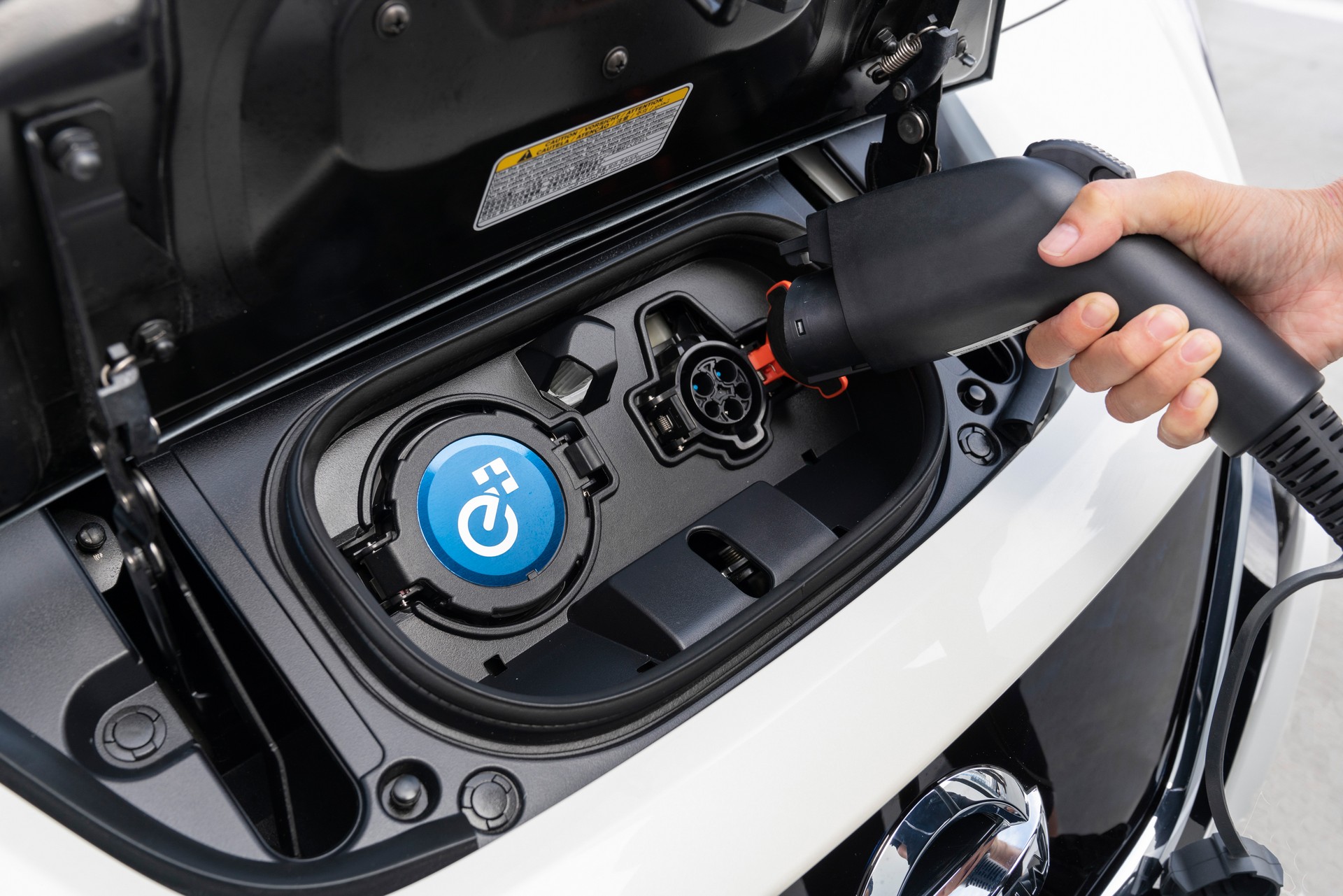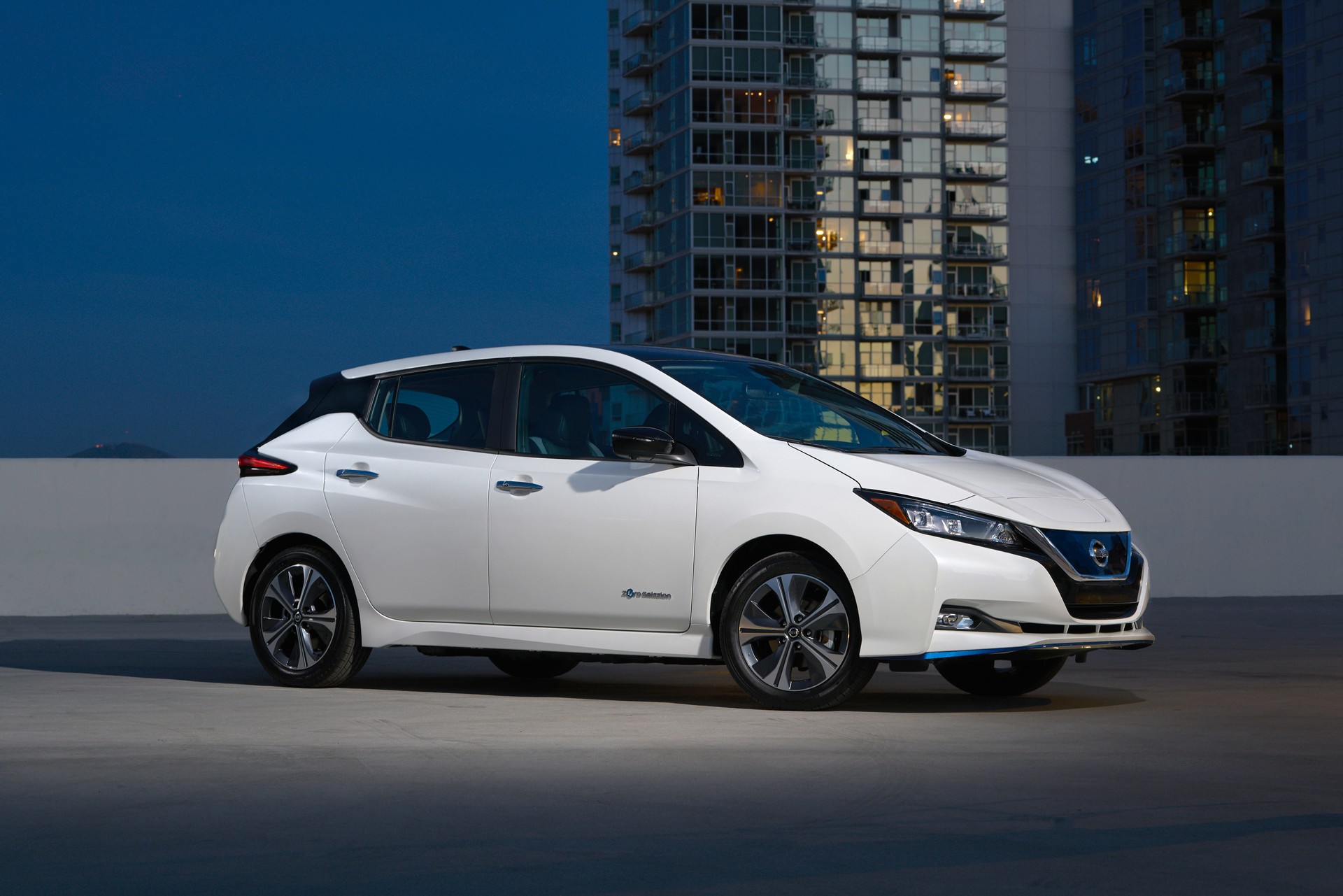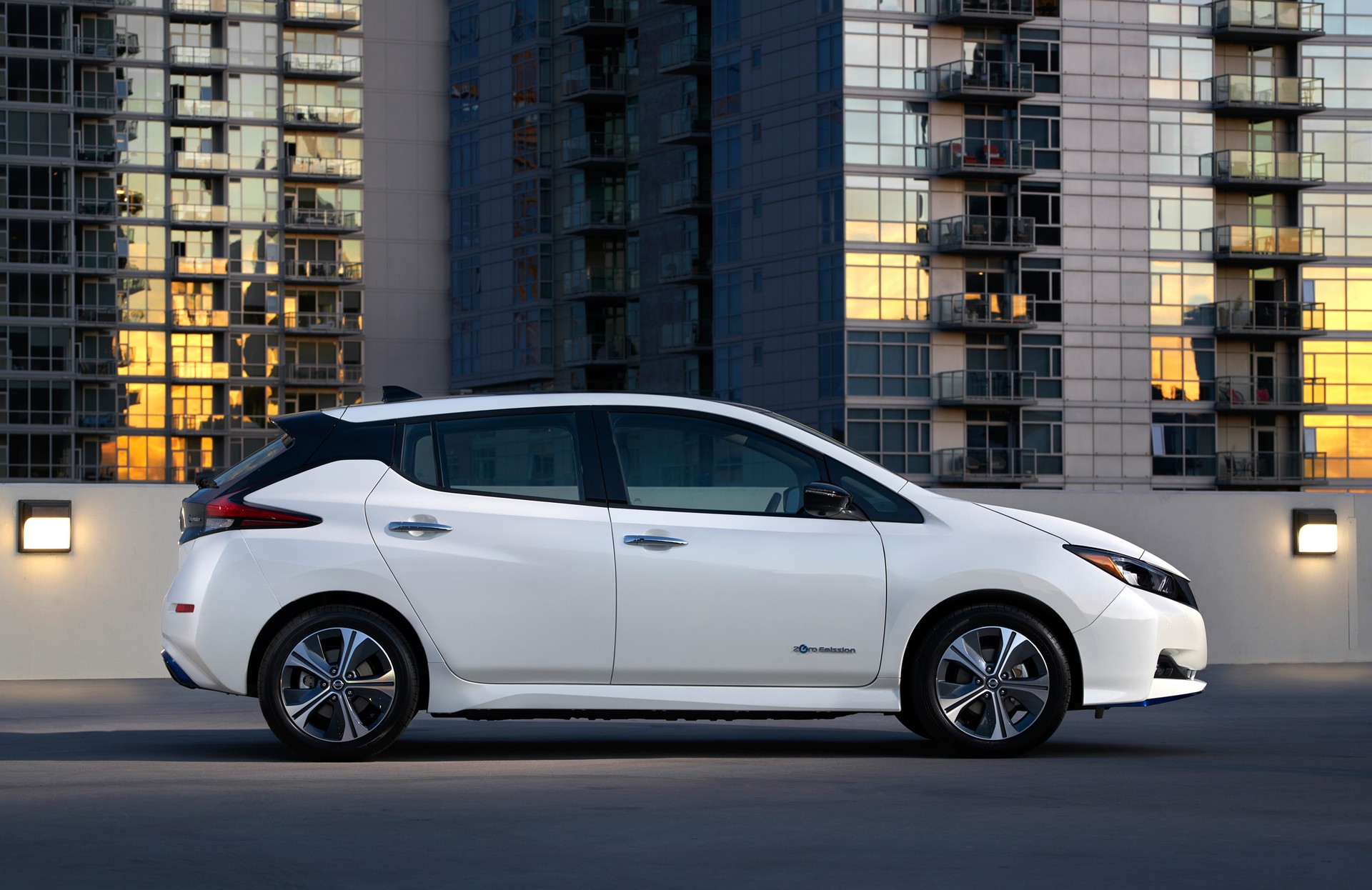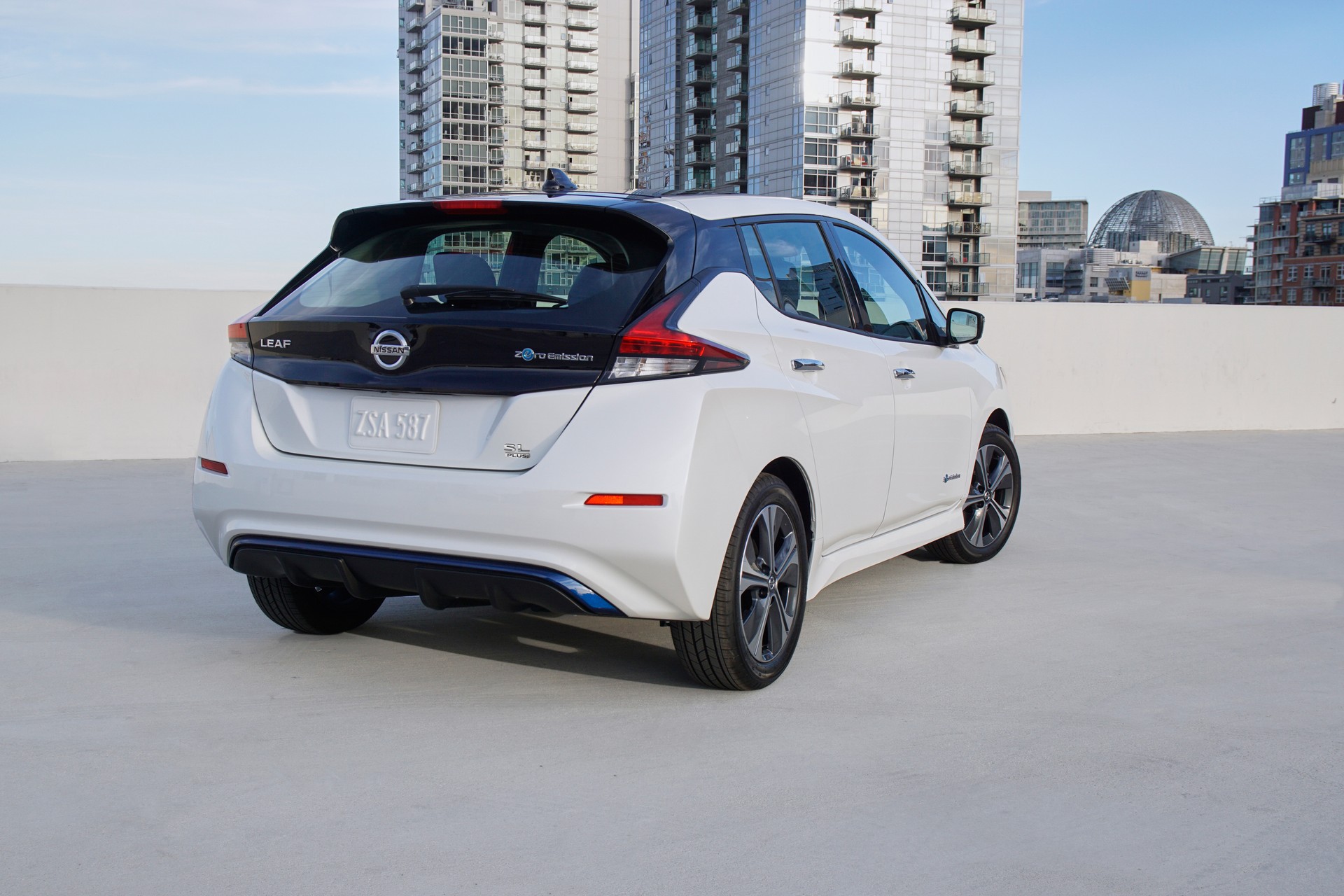Nissan expects all-electric vehicles to reach price parity with diesel and petrol-powered passenger cars in the early years of the next decade.
During the car manufacturer’s recent Nissan Futures seminar in Hong Kong, Nissan cited a recent study conducted by Morgan Stanley that claims EVs will reach price parity with ICE vehicles in 2024. According to Nissan, the gap between the two might evaporate even earlier than that.
“They estimate in 2024, in Europe, so where you have European emission regulations, you’ll get a crossover where batteries will come down below US$100 per kilowatt hour, and the price of NOx and CO2 and these things which is driving up the price of petrol and diesel engines will crossover,” Nissan’s global head of electric vehicles Nic Thomas told Car Advice.
“We’re actually more confident than that. We see in the products we’re developing for the early 2020s, we would expect to see that crossover. There are many different factors involved in that. What that means is that the product we might be able to launch in the early 2020s will be a beneficiary of that lower price.”
Of course, this isn’t to say that the most affordable electric vehicle will be as cheap as the most affordable ICE vehicle. In fact, Thomas said that as the cost were kilowatt hours of electric vehicles falls, “demand for bigger batteries is going up.”
While the price of battery production is expected to fall, the fact that batteries rely on raw natural materials like nickel and lithium means they are subject to market changes. According to J.P. Morgan, this means the price of raw materials will increase overtime relative to the cost of a battery pack.



